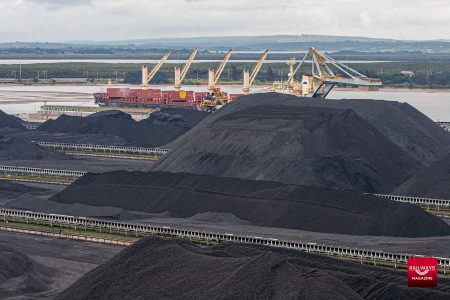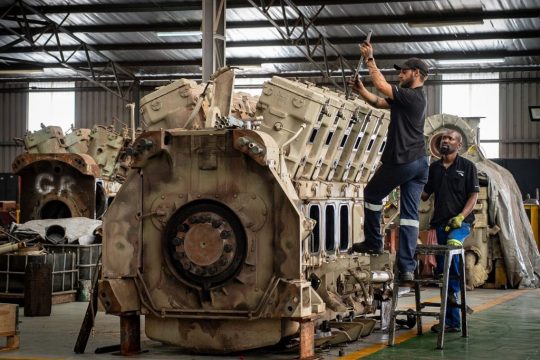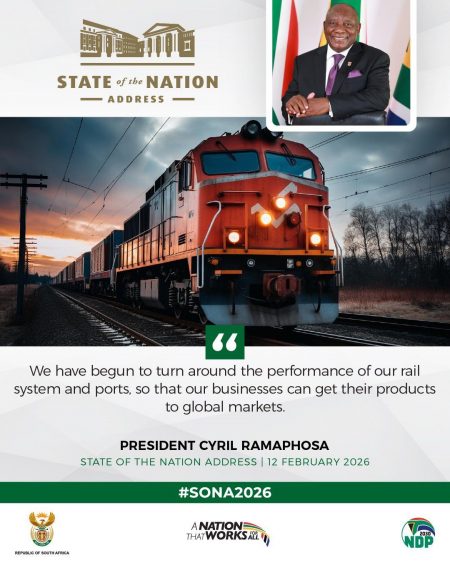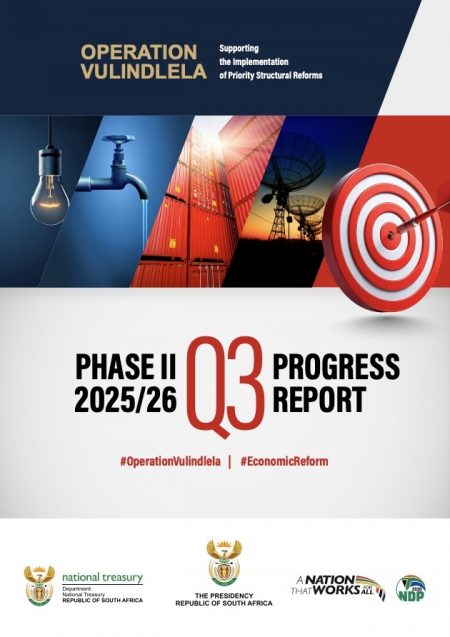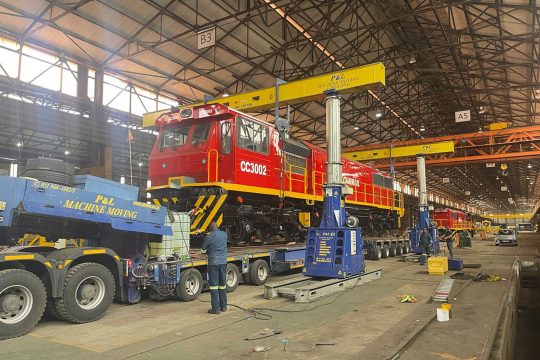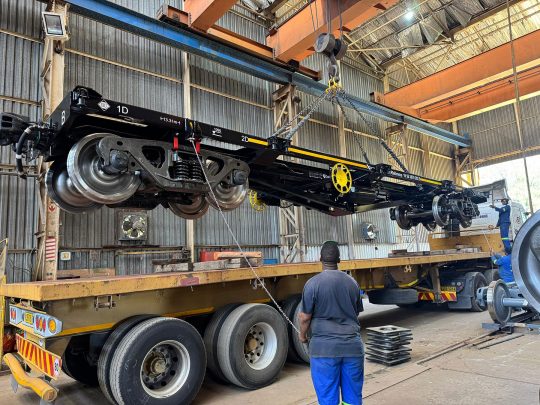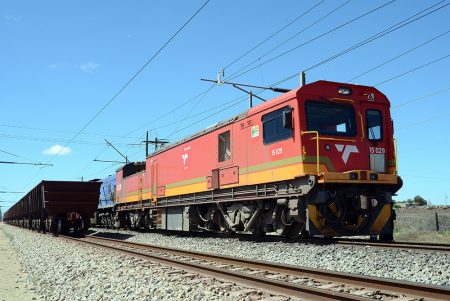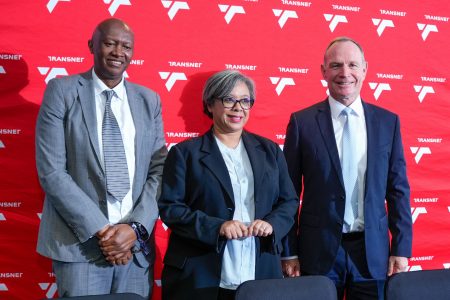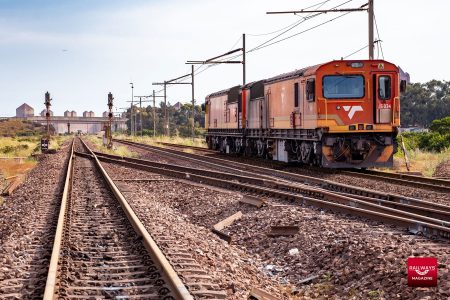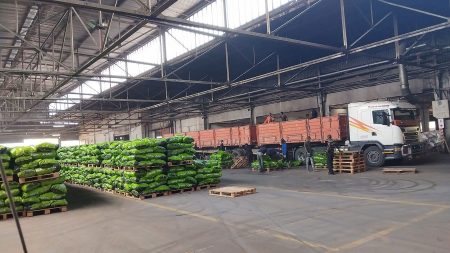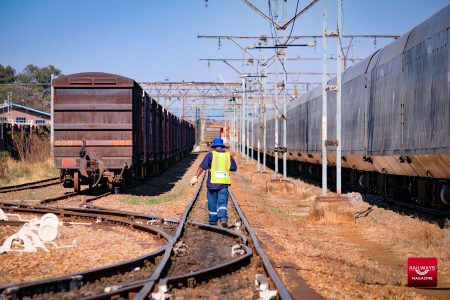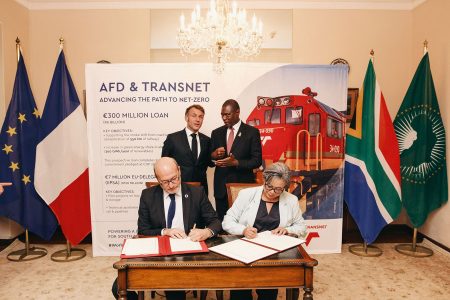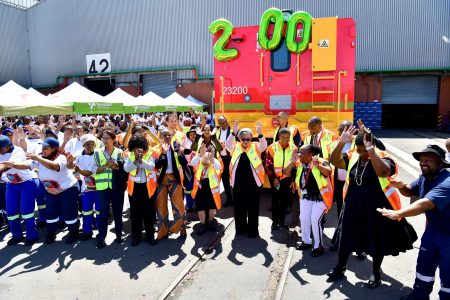This content is for Premium Subscribers only. To view this content, login below or subscribe as a Premium Subscriber.
Related News Articles
TRIM Update on Open Access, Corridor Rehabilitation and Security Interventions
20 February 2026
SADC, South Africa
2 min
Transnet Issues RFQ for Richards Bay Dry Bulk Terminal Private Sector Participation
20 February 2026
SADC, South Africa
1 min
Investing in Skills to Power Rail Recovery
13 February 2026
SADC, South Africa
2 min
Why Private Sector Partnership Is the Key to South Africa’s Rail Revival
05 February 2026
SADC, South Africa
6 min
South Africa: Third Progress Report on Operation Vulindlela, Rail Sector Update
04 February 2026
SADC, South Africa
2 min
Four GL30 Locomotives Set to Boost Camrail Operations
03 February 2026
West Africa, Côte d’Ivoire
1 min
Floods Disrupt Regional Rail Links Between Mozambique
23 January 2026
SADC, Zimbabwe
2 min
Transnet Sustains Improved Performance to Set the Path for Growth
18 December 2025
SADC, South Africa
2 min
South Africa’s Largest Private Rail Investment Begins with Forty-Six Locomotives
12 December 2025
SADC, South Africa
1 min
Transnet and ICTSI Seal Partnership for DCT Pier 2
10 December 2025
SADC, South Africa
1 min
Traxtion Confirms R3.4bn Rolling Stock Investment to Unlock Rail Capacity and Jobs
05 December 2025
SADC, South Africa
4 min
Transnet Opens Registration of Interest for Northern Cape Iron Ore Export Capacity
05 December 2025
SADC, South Africa
1 min
EIT Group’s Estcourt Intermodal Freight Village Due for Expansion
05 December 2025
SADC, South Africa
3 min
South Africa: TRIM Opens Submissions for Ad-hoc Train Path Applications
05 December 2025
SADC, South Africa
1 min
UNTU Condemns PRASA’s Section 189A Restructuring and warns of Over 500 Job Losses
28 November 2025
SADC, South Africa
1 min
